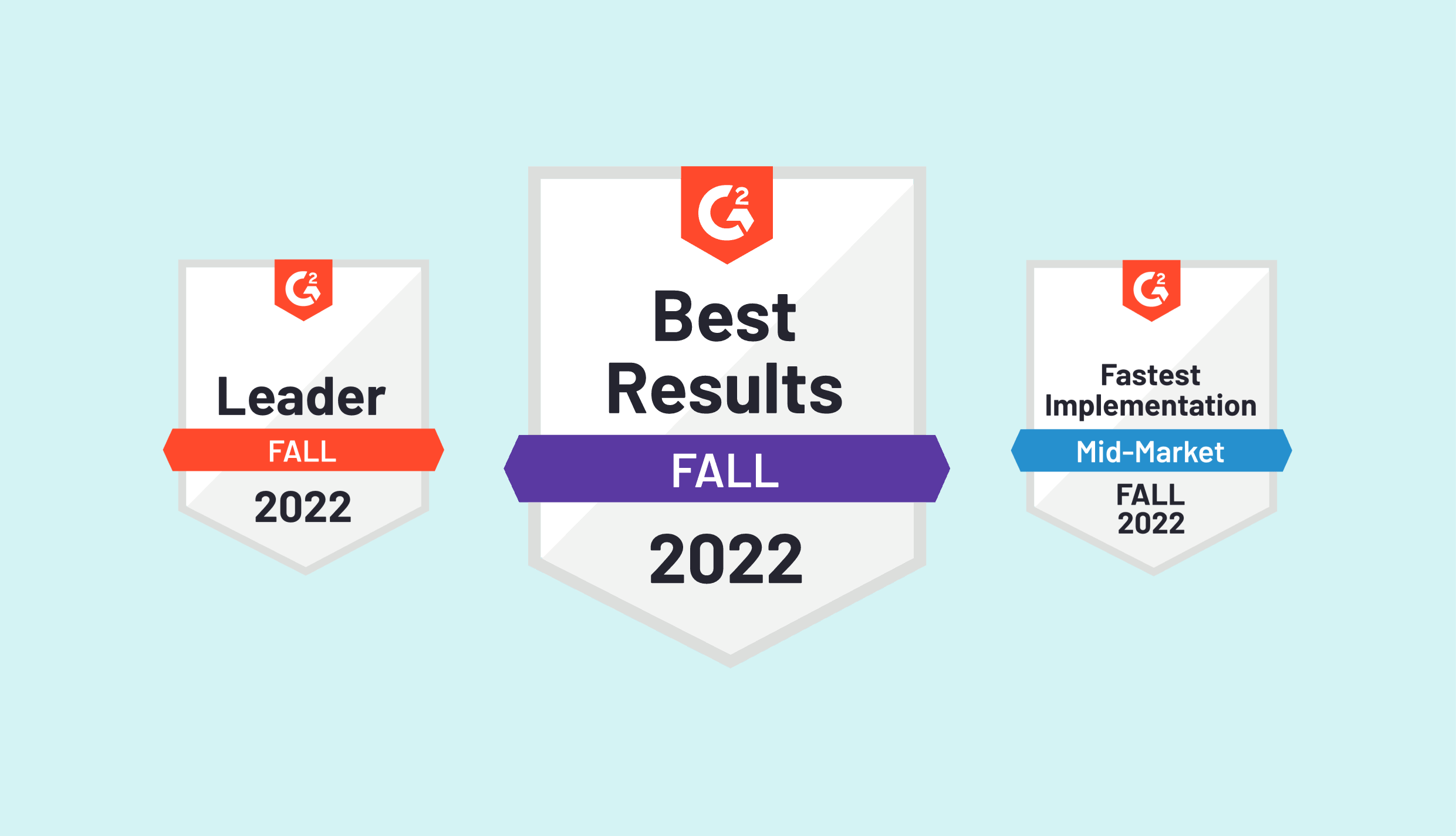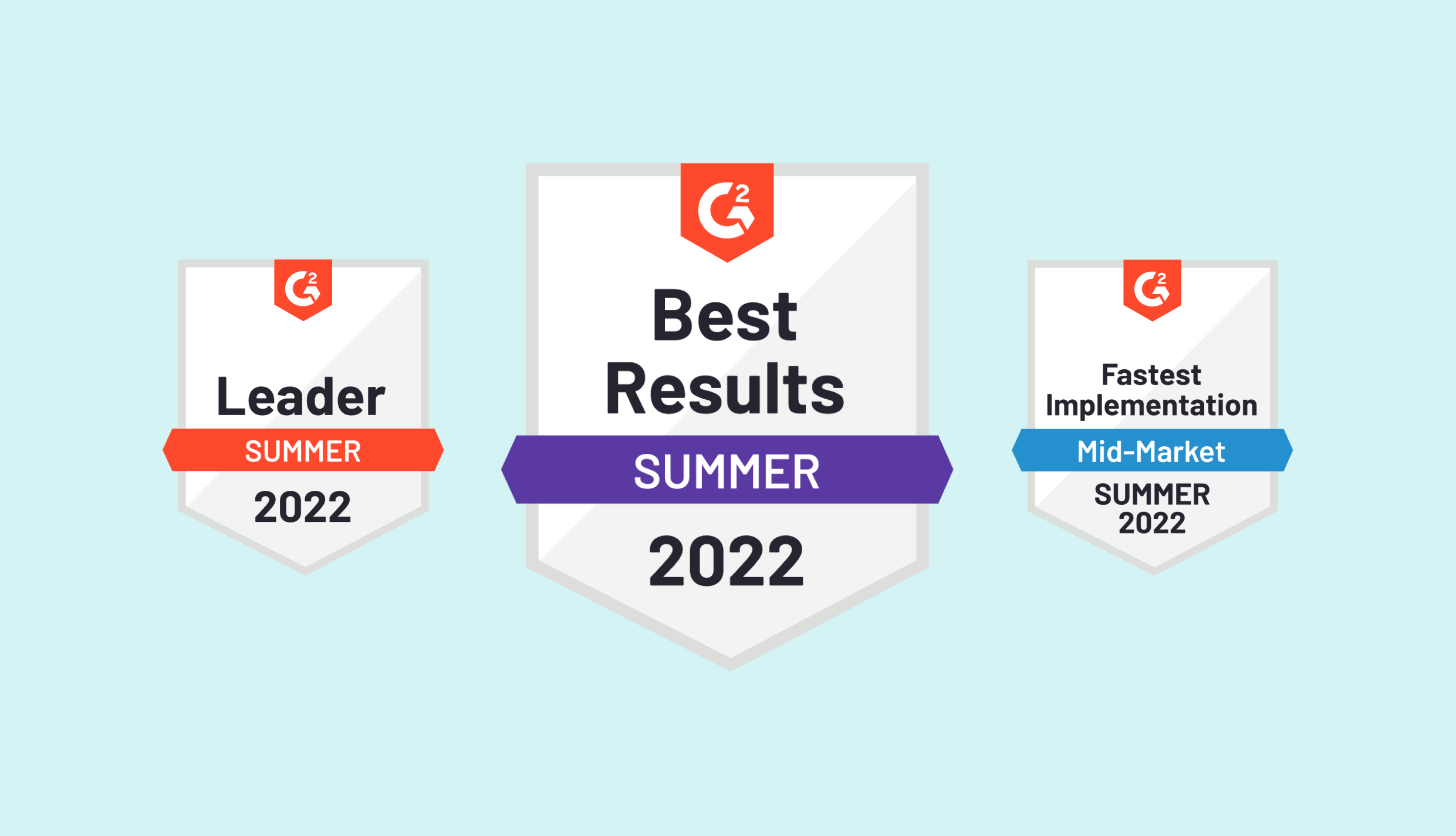.png)
Last updated April 12th, 2023
Success and meeting your full potential are two different ball games. Throughout the year, hopefully, there are many moments when your firm will celebrate success. As you implement professional services best practices and set goals for your firm, I’d challenge you to think more about how to meet your full potential than playing it safe in the secure success zone. With every success from the year, strive to set the bar just that much higher, otherwise you may notice the same successes becomes less of a celebration and more of the status quo.
At BigTime, our internal goal structure is of the philosophy that it’s better to aim too high and fall short than never reach at all. More than just a professional “go big or go home”, it lets our teams push ourselves without too much fear. Without this, there may never be the chance to reach your full potential as an employee or company-wide.
Of course, all good things come in moderation. So to make sure things don’t go overboard, we’ve put together these ideas and business development strategies for consulting firms and services organizations to try.
Know Your Direction When Implementing Professional Services Best Practices
A consulting business development strategy was probably a big part of conversations when your firm was just starting, but there’s room for this to shift with your practice. There are many factors that can impact your professional services strategic plan and throw it off course. For example, a new competitor or changing professional services industry trends. Be familiar with different professional services strategic plans to be able to spot when a change is necessary to continue growing.
The five proven professional services best practices for business development and growth include:
- Increase market penetration
- Develop new markets
- Develop alternative distribution channels
- Develop new services
- New services to new markets
.png)
Plan for Failure and Use it to Your Advantage When Goal Setting for Consultants
Failure is bound to happen, so you might as well use it to your advantage. Look back at the things that didn’t go according to plan this year, and take the time to pinpoint the root of the problem. Setting aside time for teams to do this on a project scale is also beneficial. Often throughout the year, we are so busy moving to the next thing we put off taking the time to re-work our processes so that they are stronger and avoid repeat mistakes.
Asking the following questions to find out what has made past yearly consulting firm goals and objectives go flat:
- Was there a need to pivot or factor in changing the goal?
- Has the goal become too hard to achieve?
- Do you believe the goal is now unattainable? Why? Why not?
- Have your interests simply changed, and it’s okay to leave the goal behind?
- What have been the beneficial aspects of reaching for this goal even it wasn’t completed?
Use Your KPIs as Guiding Lights for Your Professional Services Business Model
We recently shared a blog post on preventing client churn and learned that the average cost of acquiring a new customer can be five to 25 times more expensive than retaining an existing client. Do you know how much it’s costing your firm? Hone in on the financial insights and professional services KPIs for your firm from the past year and do similar cross-comparisons.
- Is it better to find new clients or invest in existing ones?
- Which projects stay within budget the most? What’s unique about them?
- What months had better billable utilization? How can you replicate that?
- Is there a project that only takes on additional services? Should you be updating the initial scope?
Respond to the Professional Services Trends
Although the last few tips have all focused on looking internally before setting goals and objectives of consultancy firms and services organizations, it’s equally important to evaluate what’s going on outside of your firm and professional services trends.
Most professional services firms depend heavily on referrals for their business, but there’s a wealth of untapped potential that can come from taking advantage of digital marketing. From blogs (like this), social media, webinars and video, there are many opportunities to be proactive in sharing your brand beyond your website.
A lot of these tools you can try without spending money, or only a little, and even better you’ll be able to track the results. If something is not working, adjust or ditch it. But if it is, maybe you invest more energy there and grow more rapidly, rather than taking a back seat with referrals.
Summary
The key to meeting the full potential of your professional services organization is to constantly strive for growth and improvement, rather than just settling for success. This requires continuously setting and evaluating consulting firm goals and objectives, being willing to take risks, and also being aware of potential pitfalls.
There are five established professional services best practices for business development and growth:
- Increase market penetration
- Develop new markets
- Develop alternative distribution channels
- Develop new services
- New services to new markets
Consulting firms will also need to adapt to changing professional services industry trends to optimize their professional services business model. By following these business development strategies for consulting firms, they are more likely to realize long-term success and growth.
Learn more strategies for scaling a consulting business or contact us today to schedule a free consultation to see how BigTime can help your firm scale quickly.
.png)
Frequently Asked Questions About Professional Services Best Practices for Goal Setting
What are 5 professional services best practices?
There are five established professional services best practices for business development and growth:
- Increase market penetration
- Develop new markets
- Develop alternative distribution channels
- Develop new services
- New services to new markets
How do you set goals in consulting?
Here are 4 tips for setting goals in consulting:
- Know your direction
- Plan for failure and use it to your advantage
- Use professional services KPIs as guiding lights
- Respond to professional services industry trends





